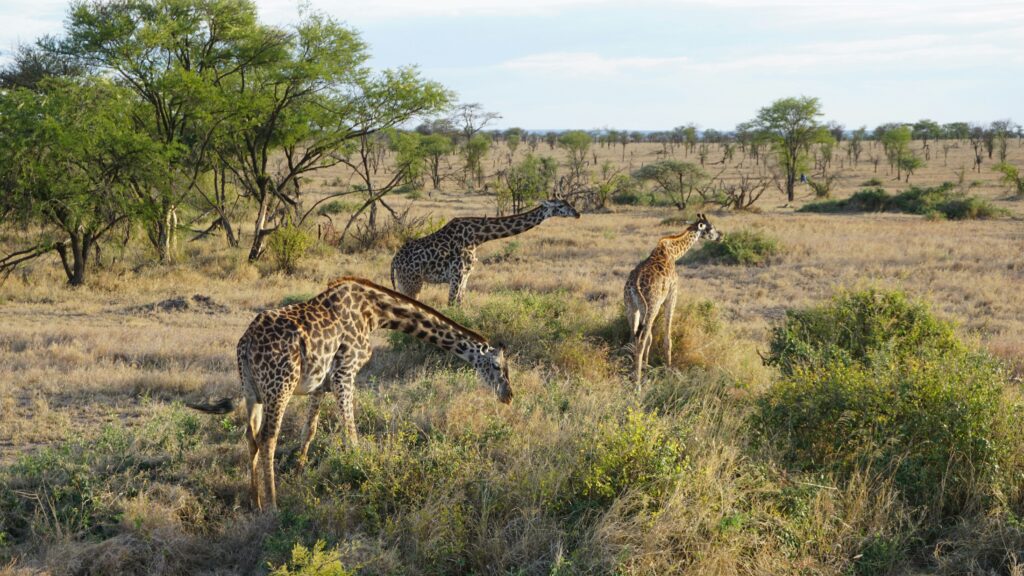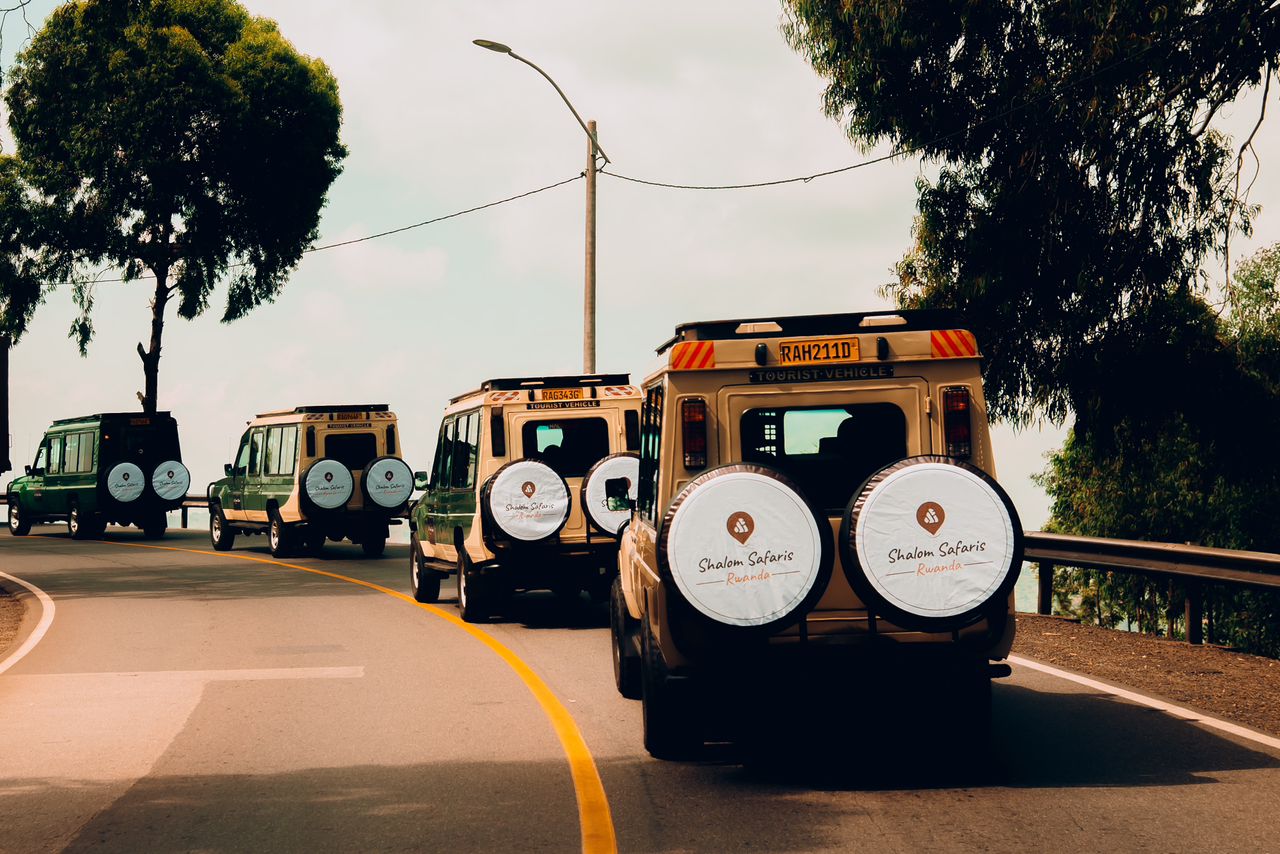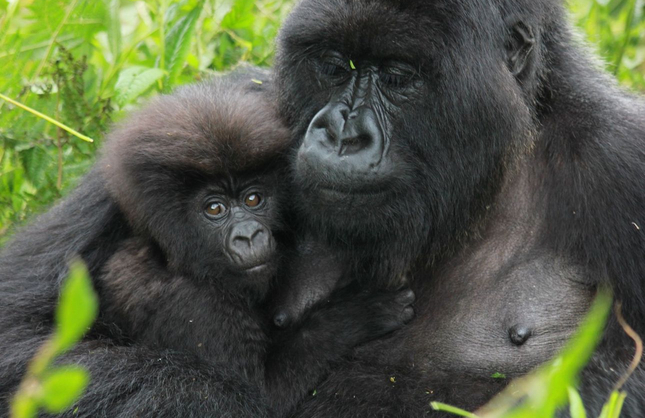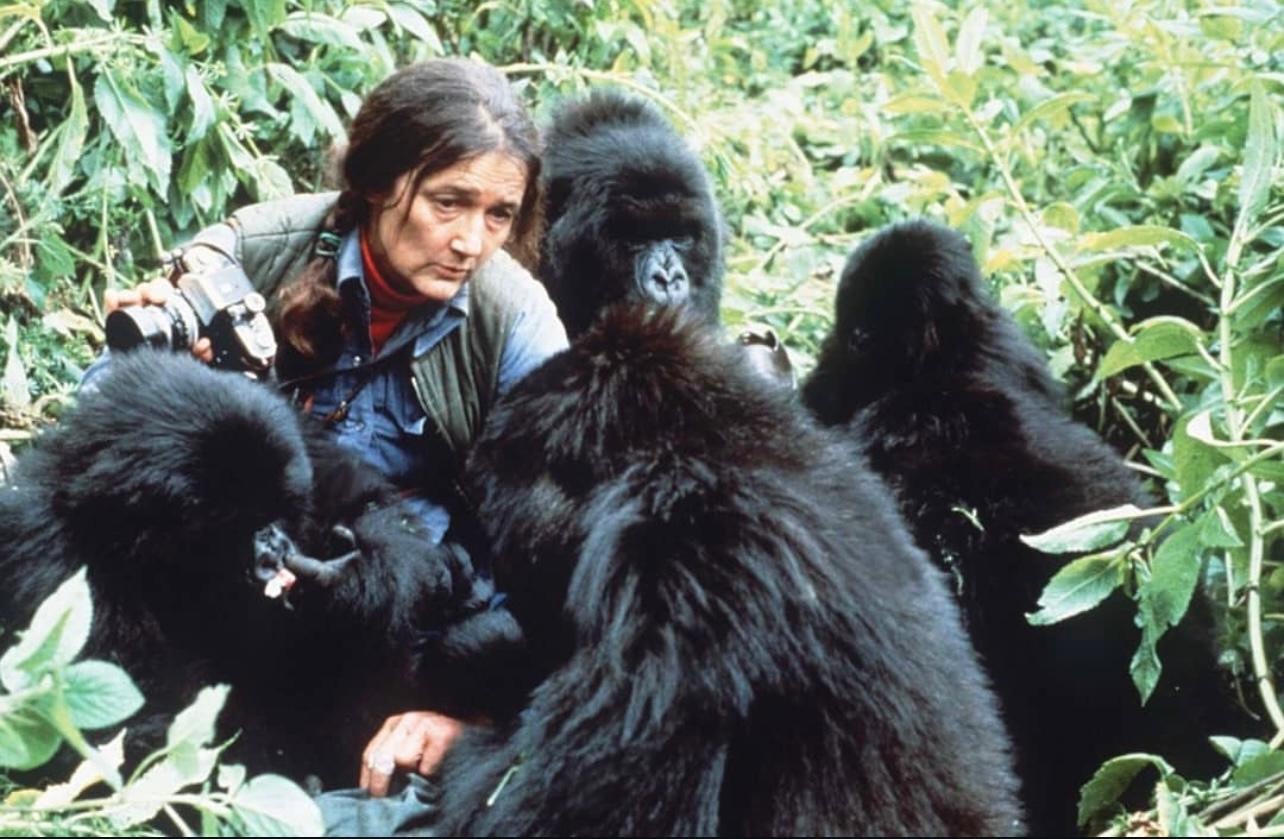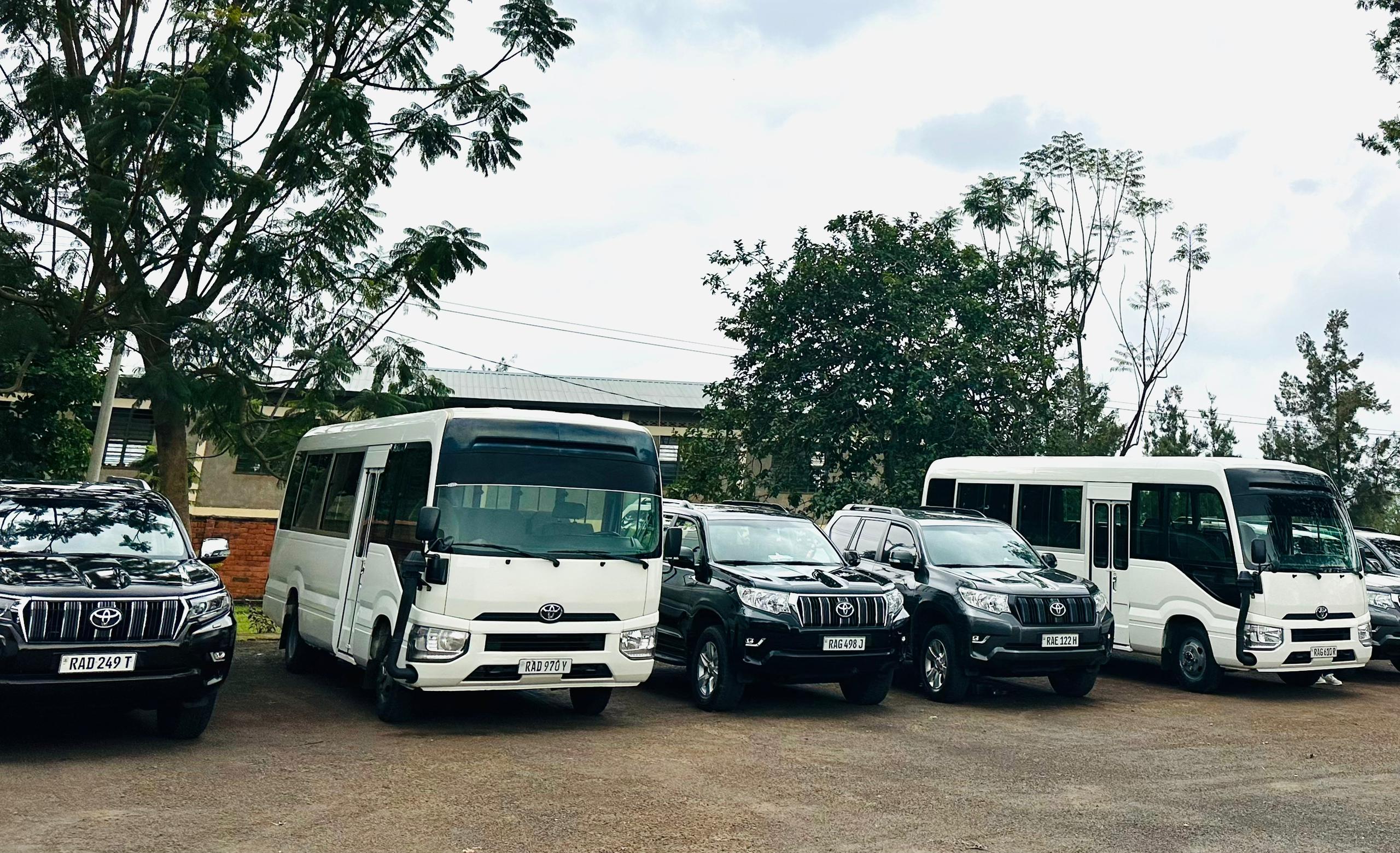Akagera National Park Rwanda, is almost unrecognisable today compared to over 20 years ago when it was on the verge of being irreparably degraded. The aftermath of the 1994 genocide against the Tutsi had a devastating impact on the environment, making its story of revival even more remarkable. In 2010, African Parks partnered with the Rwanda Development Board (RDB) to assume management of Akagera National Park Rwanda, shifting the park’s trajectory to one of prosperity, hope and aim to transform the National Park into a world-class location to experience a safari.
From the beginning there was a clear joint vision: to transform Akagera national park Rwanda from a depleted landscape overrun by more than 30,000 cattle into an income-generating park for the benefit of people and wildlife. Effective conservation law enforcement measures and strong community engagement formed the foundation for rehabilitation. After practically eliminating poaching in just five years, lion and black rhino were reintroduced between 2015 and 2017, and white rhino were introduced in 2021 in a conservation move to help protect the species. With sound wildlife conservation, Akagera national park Rwanda is now a home to thriving populations of wildlife, having grown from less than 5,000 in 2010 to almost 12,000 animals today.
Besides becoming a haven for wildlife, the park’s support for income-generating enterprises for local communities has grown remarkably and, together with revenue-sharing schemes, nearly US$1 million of economic activity flowed from the park into the surrounding communities in 2022. Today Akagera National Park Rwanda continues its work with surrounding communities, bringing economic and social benefits, allowing the ecosystem and people to thrive together.
HIGHLIGHTS OF AKAGERA NATIONAL PARK RWANDA
The 30 southern white rhinos that were translocated from South Africa in 2021 were released into the Akagera national park in 2022. Since their arrival, several new calves were born, showing that they have adapted well to their new environment.
Gishanda Fish Farm, situated 10km from Akagera, opened in October 2022. This innovative project sustainably farms tilapia to benefit communities and the ecosystem.
Effective community engagement and conservation law enforcement programmes have proven very successful, with not one high-value species lost to poaching since 2010.
Almost 2,000 schoolchildren and 350 local leaders visit Akagera National Park Rwanda each year, as part of the environmental education programme.
2022 has been the best performing year overall for tourism to Akagera national park Rwanda, with 34,000 paying visitors and 92% of operating costs covered by park revenue. Since 2010, Rwandan citizens have on average constituted 46% of paying guests to the park, showing its value as an attraction and an asset in the country.

